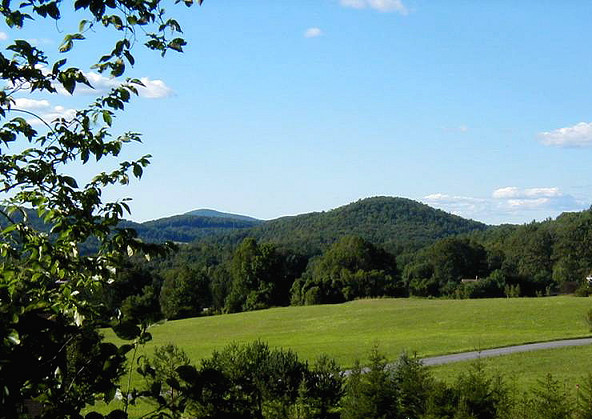How to Prove Adverse Possession

Land Court issued an interesting decision last week on how to prove adverse possession and whether landscaping activities, alone, are enough to do so. This decision, as of now, is not available online.
What is Adverse Possession?
Use it, or lose it! That is a quick and dirty summary of adverse possession. This area of law allows a non-record owner of property to acquire another person’s property if they continuously use it for twenty years.
Proving adverse possession in Massachusetts requires a showing that the property’s use was open, adverse, actual, notorious, and exclusive for twenty years. Courts, importantly, require a solid showing of proof for each element, and will not allow a claim if any one of these factors are not proven.
What’s the purpose of adverse possession? The best explanation of adverse possession, in my opinion, is to preserve the status quo. If a non-owner of property has taken care of real property for an extended period of time and made it their own, adverse possession is meant to keeps things are they are. Adverse possession also provides a strong incentive for owners to take care of their property.
How to Prove Adverse Possession
Proving adverse possession is not always easy. In this Land Court decision, a claimant asked for adverse possession on the grounds that he had performed extensive landscaping of the disputed property for the past twenty years, including weekly mowing, seeding, and lawn maintenance activities.
Land Court ruled that such activities were not enough to show open and actual use. This follows a general trend that landscaping, alone, is not grounds for adverse possession; a claimant must also do some other improvement to the land, such as erecting a fence or doing significant landscaping cultivation.
The Court similarly held that the claimant had not shown exclusive use. In other words, there was not enough to show that the non-owner was trying to exclude others from the property, such as enclosing the property with a fence.
Practical Implications
Adverse possession cases need to be prepared carefully, with a strong case made for each element. Here, while I think Land Court got this decision correct, there are other cases that seem to go the other way in similar scenarios. This is one reason why these disputes are fact intensive and require enormous preparation.
I’ve help many property owners with such cases. If you need assistance with such a matter, contact me for a consultation.
